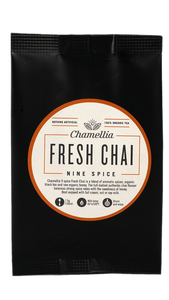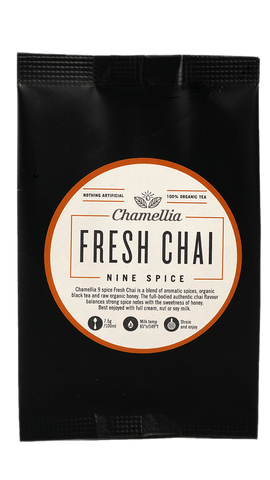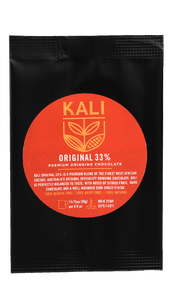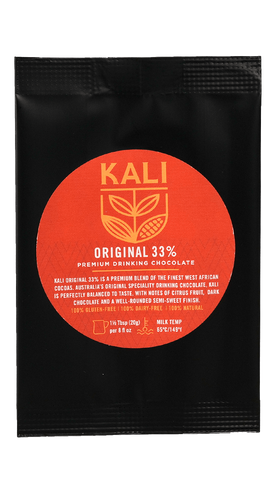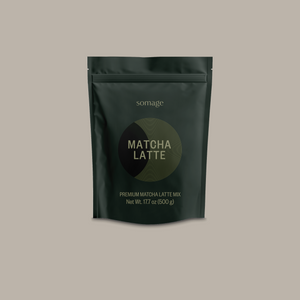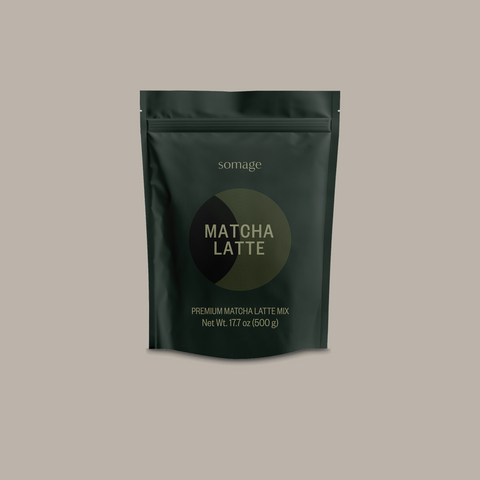Successfully added to your cart
Unable to add, please try again or contact us
Unable to update, please try again or contact us
We're sorry but there is not enough inventory for this
CART
CHOOSE A COMPLIMENTARY SAMPLE
Size
Quantity
9 Spice Honey Fresh Chai
$2.00Chamellia
Fresh Chai
Caffeine Level: Medium
Size
Quantity
Kali Hot Chocolate 33%
$2.00Kali
Chocolate
Size
Quantity
Matcha Premium Green Tea Latte
Chamellia
Alternative Latte
Caffeine Level: Medium
